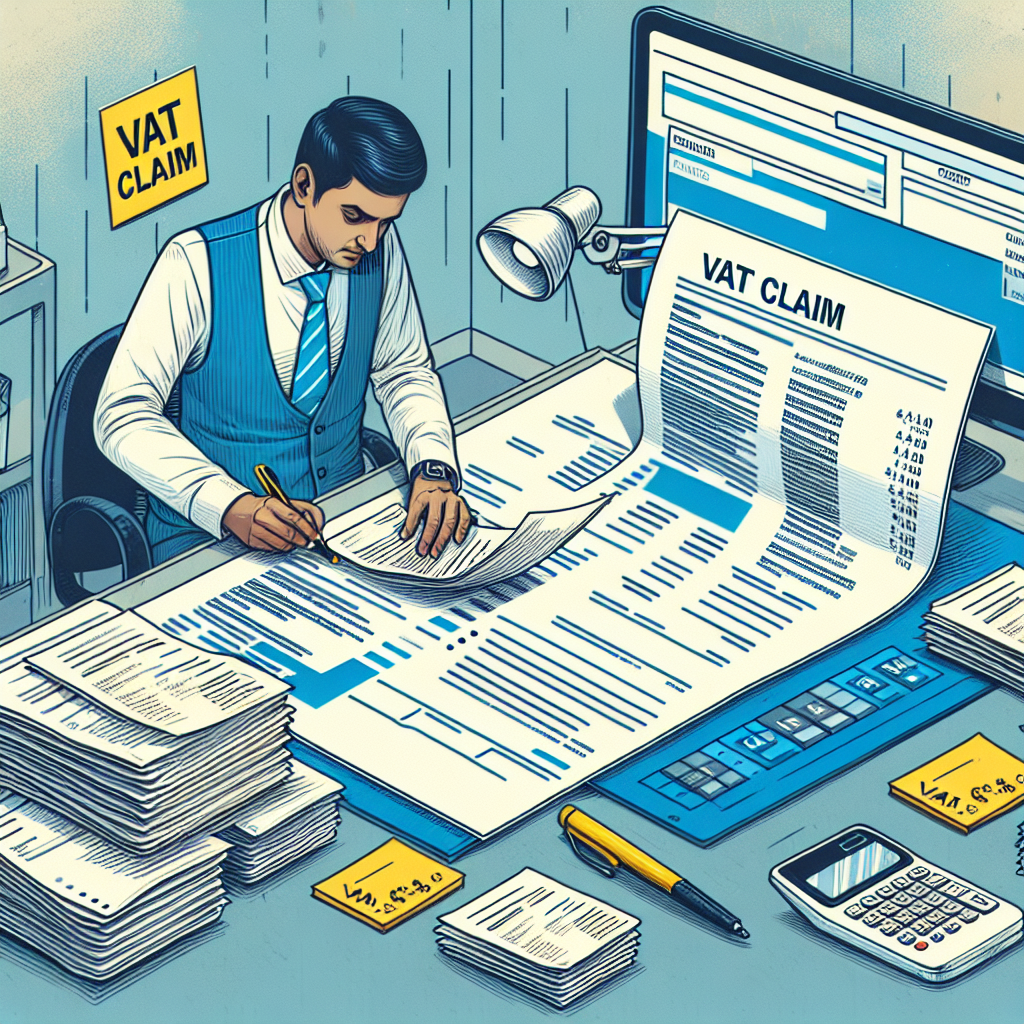The South African government has officially scrapped its plans to increase the value-added tax (VAT) rate, which was set to take effect on May 1. The finance ministry's announcement came after significant opposition from political parties, raising concerns about the stability of the coalition government. The National Treasury initially intended to raise the VAT rate by one percentage point over two years as a part of measures to boost revenue for the 2025 national budget.
However, internal dissent within the ruling African National Congress and its coalition partner, the Democratic Alliance, highlighted divisions and pressured the government to maintain the VAT rate at 15%. Finance Minister Enoch Godongwana will present revised fiscal bills soon as the decision not to increase VAT may lead to a fiscal shortfall. The estimated shortfall, without the VAT hike, is around R75 billion ($4.

02 billion) over the medium term. A parliamentary review of expenditure is expected to compensate for the lost revenue. (With inputs from agencies.
).
South Africa Scraps VAT Hike Plan Amid Political Pushback

South Africa Scraps VAT Hike Plan Amid Political Pushback The South African government has officially scrapped its plans to increase the value-added tax (VAT) rate, which was set to take effect on May 1. The finance ministry's announcement came after significant opposition from political parties, raising concerns about the stability of the coalition government.The National Treasury initially intended to raise the VAT rate by one percentage point over two years as a part of measures to boost revenue for the 2025 national budget. However, internal dissent within the ruling African National Congress and its coalition partner, the Democratic Alliance, highlighted divisions and pressured the government to maintain the VAT rate at 15%.Finance Minister Enoch Godongwana will present revised fiscal bills soon as the decision not to increase VAT may lead to a fiscal shortfall. The estimated shortfall, without the VAT hike, is around R75 billion ($4.02 billion) over the medium term. A parliamentary review of expenditure is expected to compensate for the lost revenue.











